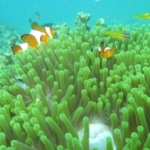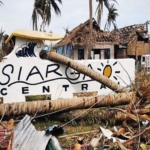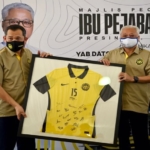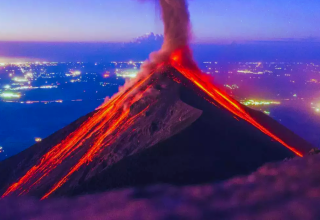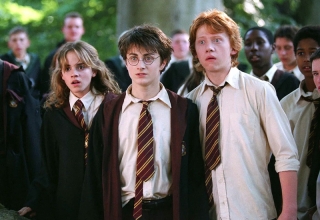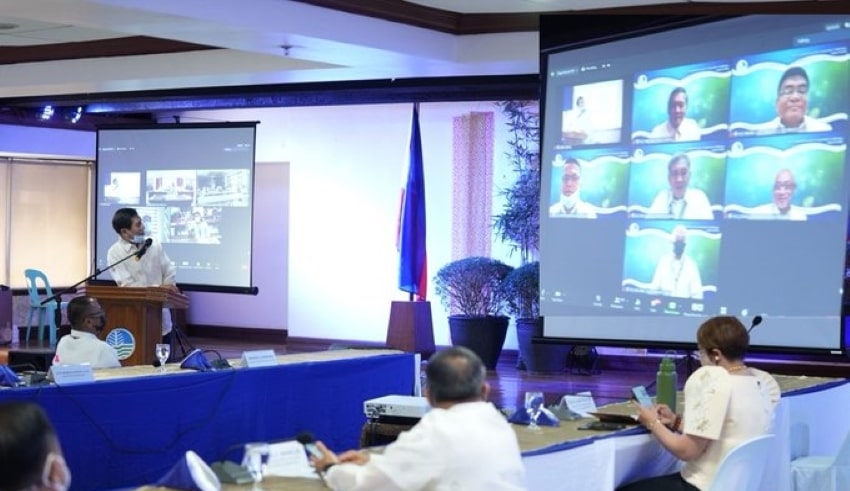
 Philippines – The Department of Environment and Natural Resources has made local teams that will help accelerate recuperation and recovery programs in tropical storm attacked regions.
Philippines – The Department of Environment and Natural Resources has made local teams that will help accelerate recuperation and recovery programs in tropical storm attacked regions.
In a delivery, the division has shared that Secretary Roy Cimatu requested the making of Regional Build Back Better Task Forces (RTFBBBs). The DENR seats the public government’s Task Force Build Back Better (TFBBB), which was coordinated by President Rodrigo Duterte to guarantee post-fiasco recovery endeavors in hurricane hit regions.
In view of this, Cimatu said the territories that endured the worst part of Typhoon Odette (Rai)- the most grounded hurricane that hit the Philippines last year-will be focused on for the execution of the DENR request. Odette’ battered southern and focal locales of the Philippines in December, leaving no less than 407 individuals dead and many thousands destitute.
The DENR territorial leader chiefs for Caraga, Regions 6, 7, 8, 10, and MIMAROPA as directors of the Regional TFBBB in their individual districts will, collaborating with the concerned provincial line organizations and neighborhood government units, lead harm evaluation and recognize proper intercessions for recuperation and restoration.
DENR Undersecretary and TFBBB Secretariat head Analiza Rebuelta-Teh said the making of territorial teams features the direness for an unmistakable instrument on the most proficient method to have a absolute reaction at the local level.
Related Posts
Cimatu marked a unique request which gave the component by which RTFBBBs will arrange and meet collaborating with the RTFBBB-part line government offices as might be appropriate.
The primary center region of the TFBBB were the Marikina, Cagayan and Bicol waterway bowls following the surge of Super Typhoon Rolly (Goni) and Typhoon Ulysses (Vamco) in late 2020. The Philippines is positioned among the most weak countries to the effects of human-driven environmental change. A normal of 20 tornadoes enter the country’s area of obligation yearly.
Looking back, Philanthropic gatherings have been working with the public authority to appropriate food packs, drinking water, tents and materials to remake houses. However, the size of the catastrophe, absence of force and interchanges in certain areas, and drained government money chests after the COVID-19 reaction have hampered endeavors to convey help.
An Omicron-fuelled flood in contaminations is additionally driving alleviation laborers into seclusion and making travel more troublesome.
